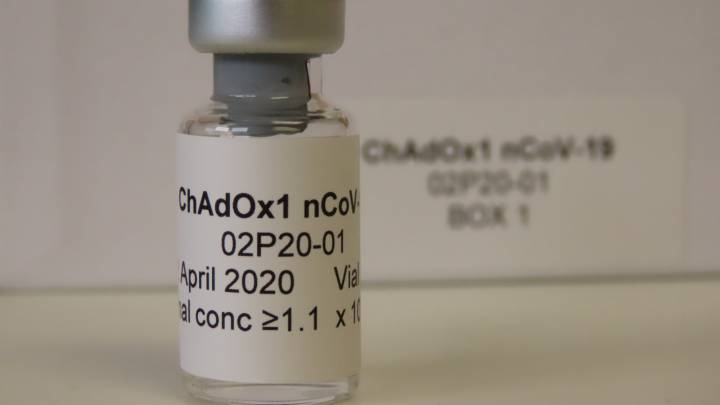RIO DE JANEIRO, BRAZIL – The Bio-Manguinhos vaccine manufacturing facility at the Oswaldo Cruz Foundation, in northern Rio, is considered the largest in Latin America and is preparing to produce the Covid-19 vaccine developed by Oxford University in the United Kingdom.

The Oxford vaccine is in stage 3, the final stage, which will determine its efficacy on a large number of subjects. The British university this week announced that preliminary trials suggest the vaccine is safe and has induced an immune response in volunteers.
The agreement between Fiocruz and AstraZeneca, the pharmaceutical company that acquired the vaccine from Oxford University, was announced late last month, although the contract is yet to be signed.
According to the agreement, Fiocruz will receive enough active pharmaceutical ingredient (API) in December to produce 15.2 million doses of the vaccine.
After this process, another 70 million vaccine doses could also be produced by Fiocruz by the start of the year. Preparations for production have been anticipated given the severity of the pandemic, which is a concern throughout the world, but the distribution and immunization of the population still hinge on new trials and final approval.
Machinery and supplies are being prepared. The foundation says that, despite a worldwide concern about the potential lack of glass vials for distribution, it is unlikely to be confronted with this problem, at least initially, to produce 100 million doses.
The vials used will be the same as those currently used for the yellow fever vaccine and they will each accommodate five doses of the vaccine against the novel coronavirus.
“We will receive the frozen vaccine, it will go through a defrosting process of two to three days. Once in its liquid state, it is transferred to a stainless steel tank to be filled, labeled, and packaged. I would say that this is arguably the greatest challenge in [the manufacturing] history of Bio-Manguinhos. The major advantage is that it has been through similar experiences such as the yellow fever epidemic, the measles outbreak, and we can use all our expertise to meet this challenge,” says Luiz Lima, deputy director of Bio-Manguinhos/Fiocruz production.
The initial production cost should amount to around US$3 (R$15) million but tends to be reduced over time.
Source: G1

